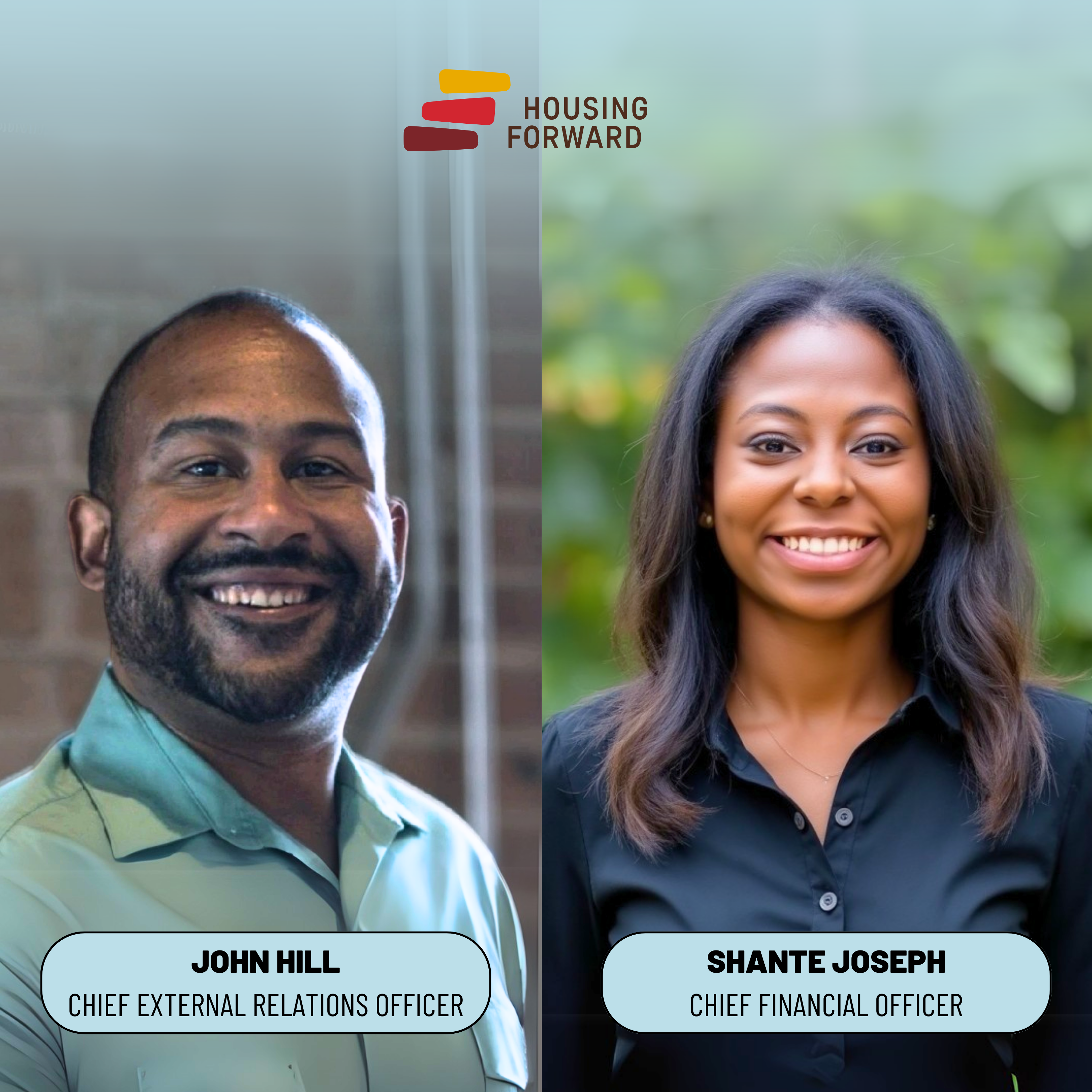Last week was the busiest many of Dallas and Collin Counties’ homeless services providers and their partners ever saw. They provided warmth, shelter, and food to upwards of 1,000 individuals experiencing unsheltered homelessness (this in addition to those already in Dallas shelters), saving hundreds of lives in the process.
On Friday, as the weather improved, the City of Dallas began winding down the inclement weather shelter at the Kay Bailey Hutchison Convention Center. That is when the Dallas and Collin Counties Homeless Collaborative partners and its lead agency, the Metro Dallas Homeless Alliance, decided to do two more important things: Get as many of these individuals as they could into shelter, as well as on to MDHA’s Housing Priority List, so they could be matched to appropriate housing solutions.
Austin Street Center, the Bridge Homeless Recovery Center, and The Salvation Army took part in both efforts. Union Gospel Mission and St. Jude Park Central supported the sheltering efforts and collectively the five organizations accepted 175 individuals into shelter. The Stewpot took part in getting individuals on to the Housing Priority List. While this was happening in Dallas, Hope Restored Missions got individuals at The Salvation Army – Plano Overnight Warming Station on to the Housing Priority List, too.

Blake Fetterman
“The Salvation Army was honored to lead the collaborative effort to help those in need find housing solutions upon leaving the Kay Bailey Hutchinson Convention Center in Dallas” said Blake Fetterman, Executive Director of The Salvation Army Carr P. Collins Social Services Center. “Through the work of case managers from multiple nonprofit partners, we were able to assess more than 100 of our homeless neighbors in a single day and put them on the housing priority list, allowing them to enter the continuum of care that helps people end their homelessness.”
MDHA’s Housing Priority List is designed to allocate the scarce housing resources of the Homeless Collaborative. Each person is assessed, with the help of an evidence-based tool, and matched with the correct housing intervention for them. This systemic approach prioritizes those who need the most help, replacing older service models that tended to favor those who were most capable of seeking help.
“This will help the Homeless Collaborative and MDHA make measurable reductions in homelessness,” said Ashley Brundage, United Way of Metropolitan Dallas’ Executive Director of Housing Stability and Senior Vice President, Community Impact, the Homeless Collaborative’s new board chair, “Through efforts like these, we can and will effectively end veteran homelessness in 2021, reduce chronic unsheltered homelessness by 2023, and reduce family and youth homelessness by 2025.”





